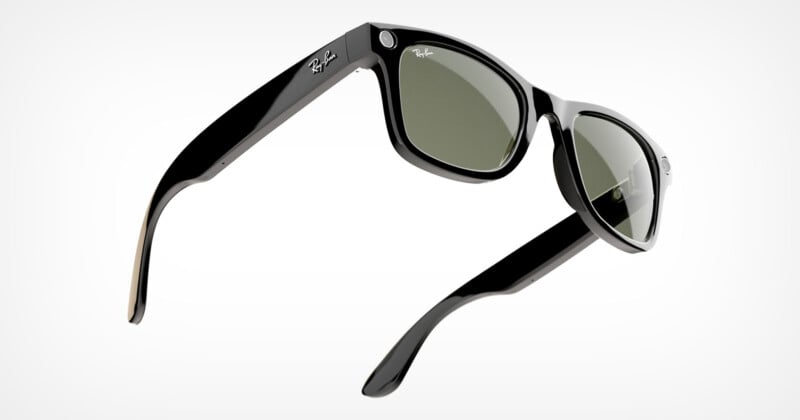Apple Plans to Launch Smart Glasses to Rival Meta Ray-Bans

Apple’s smart glasses designed to compete with Meta Ray-Bans will reportedly be released by the end of 2026, according to Bloomberg’s Mark Gurman.
The upcoming glasses will be equipped with cameras, microphones, and speakers to support real-world analysis and hands-free interaction via Siri.
Apple’s device will reportedly offer features such as live translation, turn-by-turn navigation, music playback, and voice-controlled phone calls. A source familiar with the matter tells Bloomberg the glasses will be “similar to the Meta product but better made.”
These capabilities position the smart glasses as a potential new category of personal computing devices, one that Apple is investing in despite broader challenges integrating artificial intelligence into its existing product lineup. Apple is currently behind rivals in delivering AI functionality across iPhones, iPads, and Macs, and is racing to upgrade its AI infrastructure, including its proprietary large language models.
A dedicated in-house chip is expected to power the glasses, enhancing their performance and AI responsiveness. Apple has already begun preparing for mass prototype production with overseas suppliers, Bloomberg reports, as it targets a large-scale rollout next year.
The company’s internal codename for the glasses project has evolved from “N50” to “N401,” signaling a broader commitment to the wearable AI space. However, sources caution that Apple’s plans are still subject to change, and prior wearable projects have been shelved in the past.
The smart glasses were initially part of a larger strategy to develop augmented reality spectacles, but fully AR-capable versions remain several years away. For now, Apple’s glasses will focus on camera-based environmental interaction without embedded displays, distinguishing them from future AR wearables expected from competitors like Meta and Google.
This move comes as competition intensifies in AI hardware. OpenAI, in collaboration with former Apple designer Jony Ive, plans to launch its own AI devices next year. Meanwhile, Meta has found commercial success with its Ray-Ban smart glasses, and Google is partnering with brands such as Samsung and Warby Parker to develop AI-enhanced eyewear on its Android XR platform.
Apple’s smart glasses are being developed by its Vision Products Group, the team behind the Vision Pro headset. That group is also working on lighter, lower-cost versions of the Vision Pro and models that tether to Macs for low-latency applications.